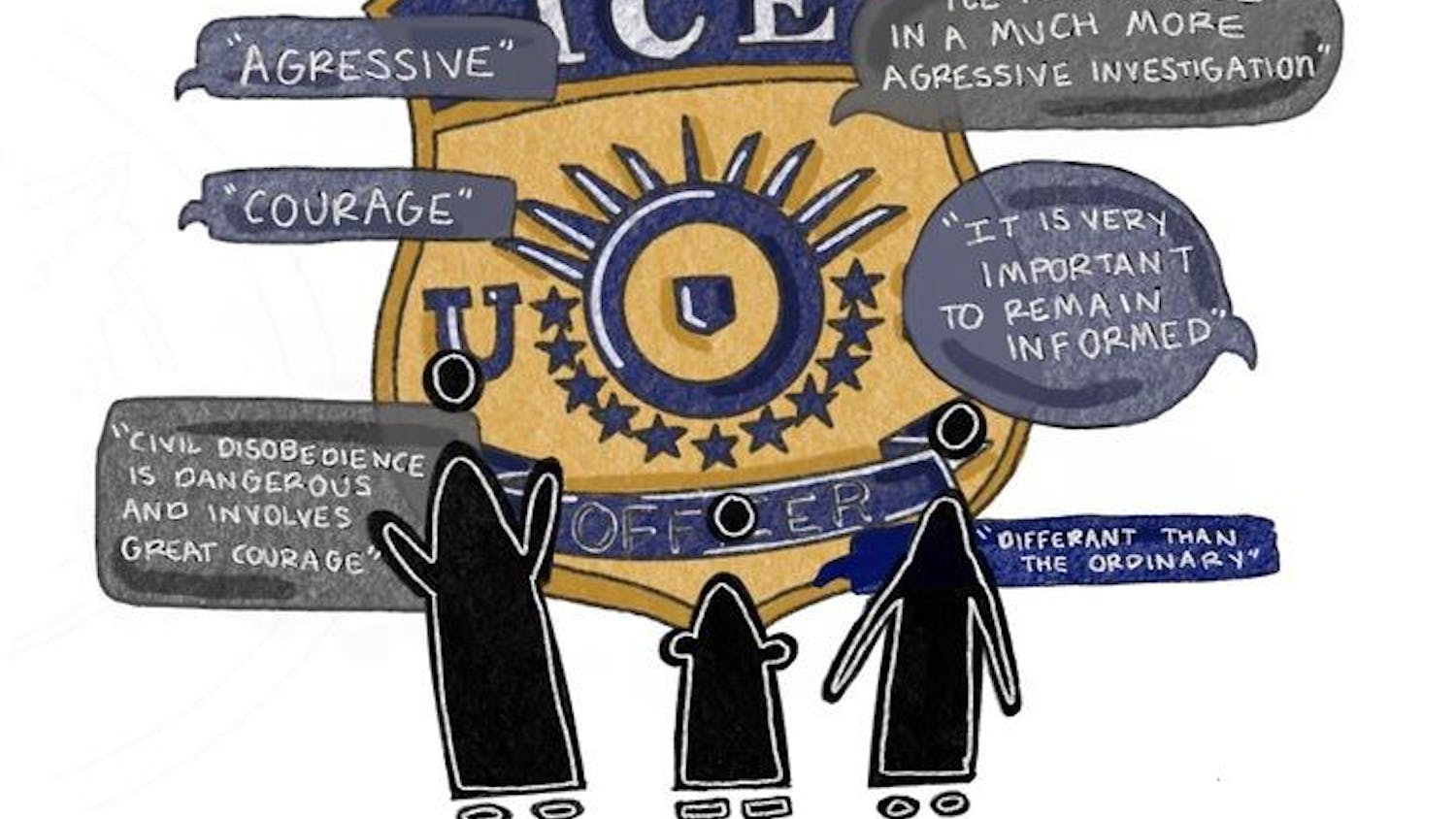Three voles and a rhesus monkey died due to alleged negligence at Yerkes National Primate Research Center in 2017, according to documents filed with the National Institutes of Health (NIH).
The Emory University Institutional Animal Care and Use Committee (IACUC) reported to the NIH in a March 3 letter that researchers had found a dead vole in a cage with no feeder during routine morning observations. The animal had been under special care due to a recent surgery.
Upon discovering the cadaver, animal care staff notified the veterinary technician, who requested an autopsy, according to the letter. The autopsy results were inconclusive. The technician responsible for the lab was a substitute because the usual technician was out of town at a meeting, the letter said. A review by the IACUC found the “quality of enrichment” made it difficult to observe the entire cage, and determined that the vole likely had food until the day it died. The IACUC reported that the lab is “usually very good at checking the animals daily” so there was “no reported concern” regarding the incident.
The same letter describes another incident in which two voles were left in a cage without a water bottle, causing both animals to die. The report explains that an animal care technician discovered the cage did not have a water bottle and, upon looking inside, saw one animal dead and another that appeared sick.
After the animal care technician notified his supervisor and the veterinary technician, food and water were added immediately to the cage. The veterinary technician then contacted the veterinarian and the lab supervisor. The sick animal was euthanized, the letter said. A review determined that multiple cages on the same rack had low water levels the day before. “Animal care staff probably forgot to replace the water bottle,” according to the report.
Yerkes Chief of Public Affairs Lisa Newbern wrote in an Oct. 13 email to the Wheel that the vole incidents occurred in May 2017.
A July 27 IACUC letter to the NIH describes a third animal death in which an animal was accidentally euthanized. Newbern said that the animal was a rhesus monkey.
According to the letter, someone had entered the wrong animal identification code into the euthanasia schedule. The protocol requires “faculty” to verify the identification code with the tattoo and physical location of the animal, but since the euthanasia schedule was used as the source document, no one realized the mistake until after the procedure was completed. The monkey that staff accidentally euthanized was on a “research protocol” that included euthanasia but the monkey had not yet undergone any experimental procedures.
The Yerkes Center reported the incidents to the NIH because all the animals were involved in studies that received federal grants. Institutions are required to report “any serious or continuing noncompliance” with the Public Health Service Policy on Humane Care and Use of Laboratory Animals.
Watchdog group Stop Animal Exploitation Now (SAEN) filed a formal complaint Sept. 30 with the U.S. Department of Agriculture (USDA) demanding the Yerkes Center receive the maximum allowable fine under the Animal Welfare Act.
The Wheel filed a Freedom of Information Act request for inspection reports, complaints, violations and emails related to animal deaths since January 2016, but the request was not fulfilled by press time.
Michael Budkie, executive director of SAEN, has filed complaints against Emory and alleged negligence before. Budkie filed complaints in October 2016 and September 2015 citing other instances of accidental animal deaths at Yerkes.
“The Yerkes National Primate Research Center takes full responsibility for the care and well-being of our center’s animals,” Newbern wrote. “Yerkes employees are as dedicated to the highest quality animal care and enrichment as they are to fighting disease and improving human health.”
Newbern added that Yerkes has already taken corrective action and noted that Yerkes has held accreditation from the Association for Assessment and Accreditation of Laboratory Animal Care International for more than 30 years.
“In all cases, the Emory IACUC determined the incidents were individual concerns and not reflective of the center’s overall excellent animal care program,” Newbern wrote.







